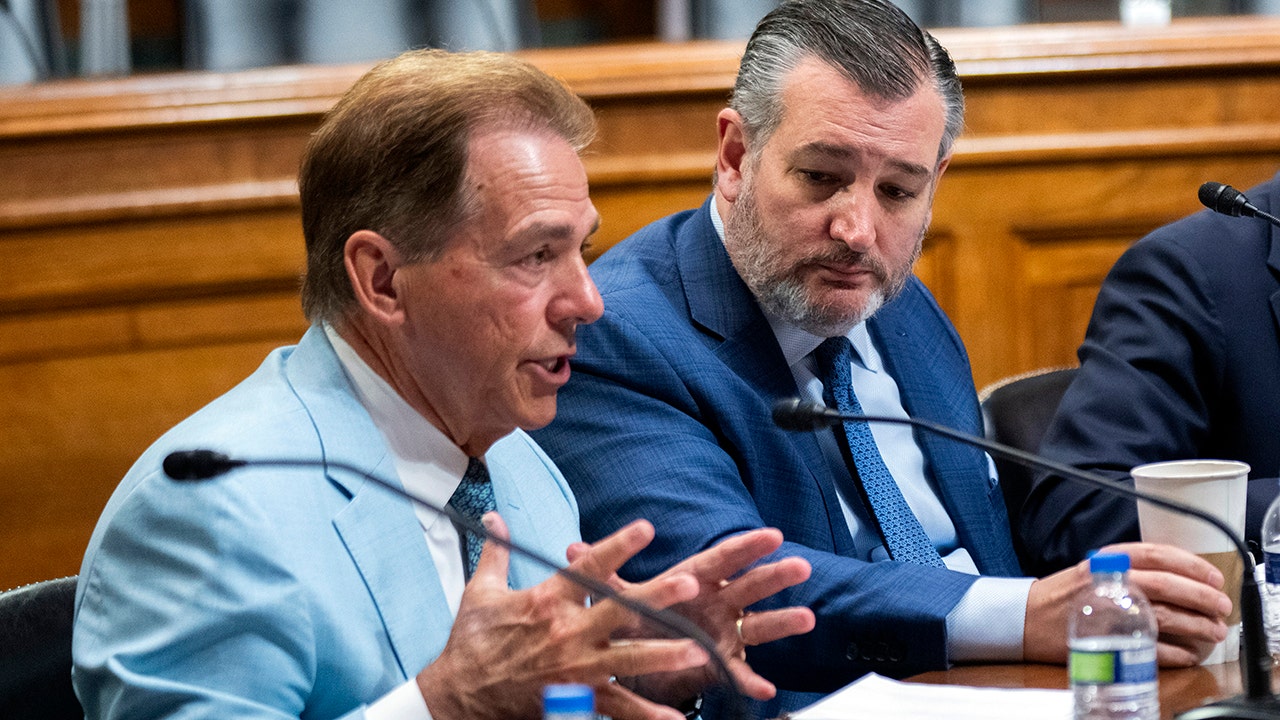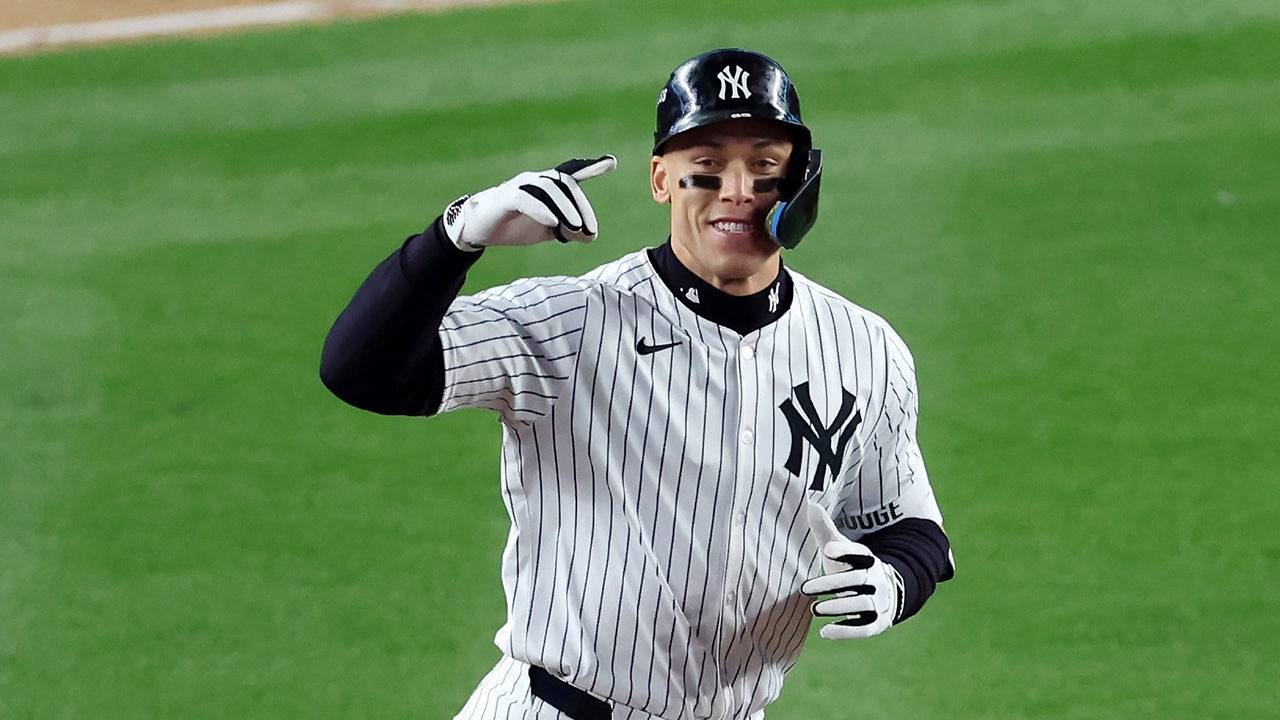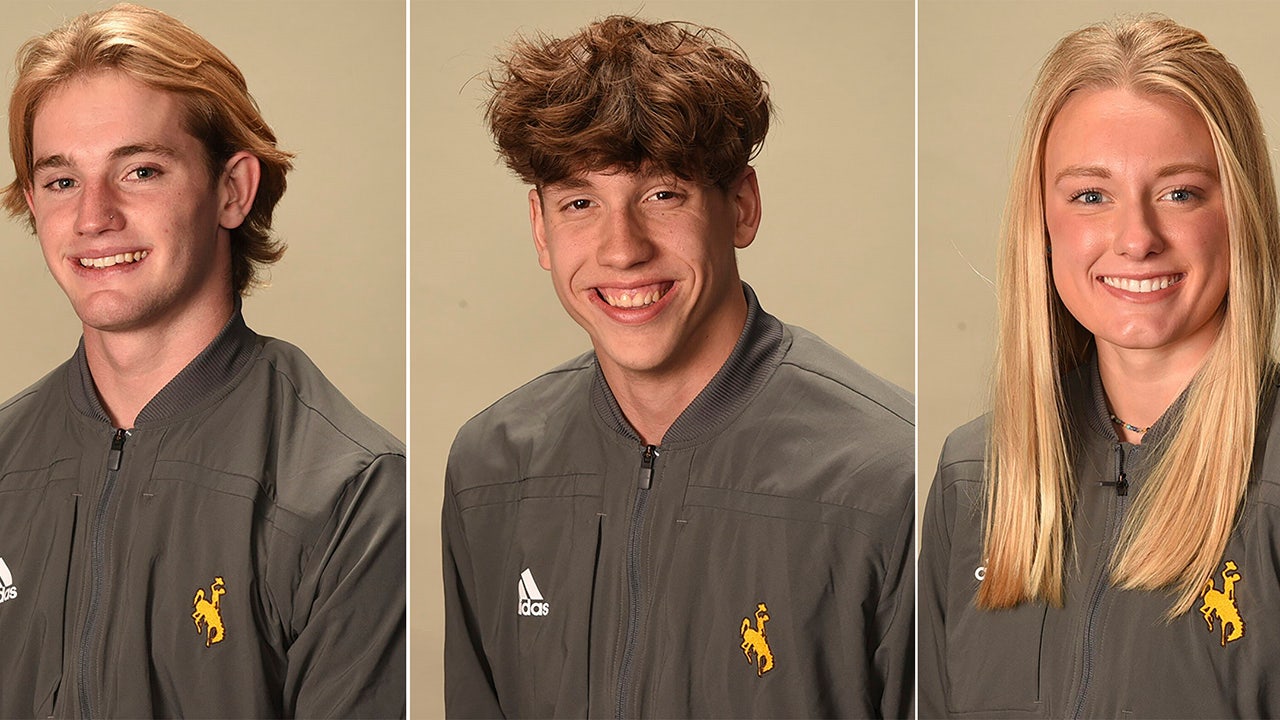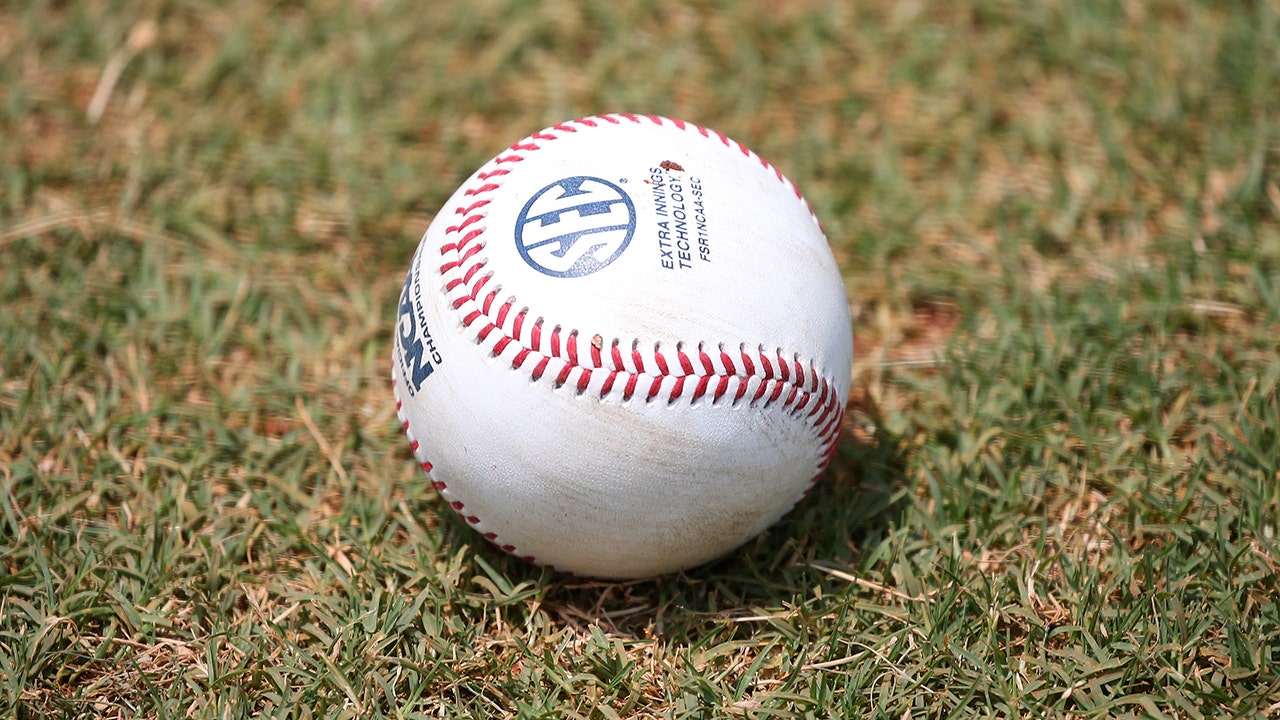College athletics are under siege and this time, fans may have no one to blame but themselves if they continue to push Congress to regulate their favorite sport.
There are few people in the world with less patience than a sports fan. We want our teams to win and win now. Bad clock management at the end of a game? “The coach should have been fired a week ago!” Hire a big-name coach to replace him? “It’s championship or bust!” (As a fan and alumni of the Colorado Buffaloes, I know this fan reaction too well). Trade your star player in the twilight of his career for an unproven rookie with long-term upside? “I can’t believe they are going to make me pay to watch this team. They should pay me to babysit, instead!”
Admit it. We’re all guilty of exaggerated and unrealistic expectations when it comes to sports. Coaches are often carried off the field and placed directly on the hot seat. We’re buying our favorite player’s jersey one day and demanding he be traded the next. When things aren’t going in the right direction, we demand immediate change.
CLICK HERE FOR MORE SPORTS COVERAGE ON FOXNEWS.COM
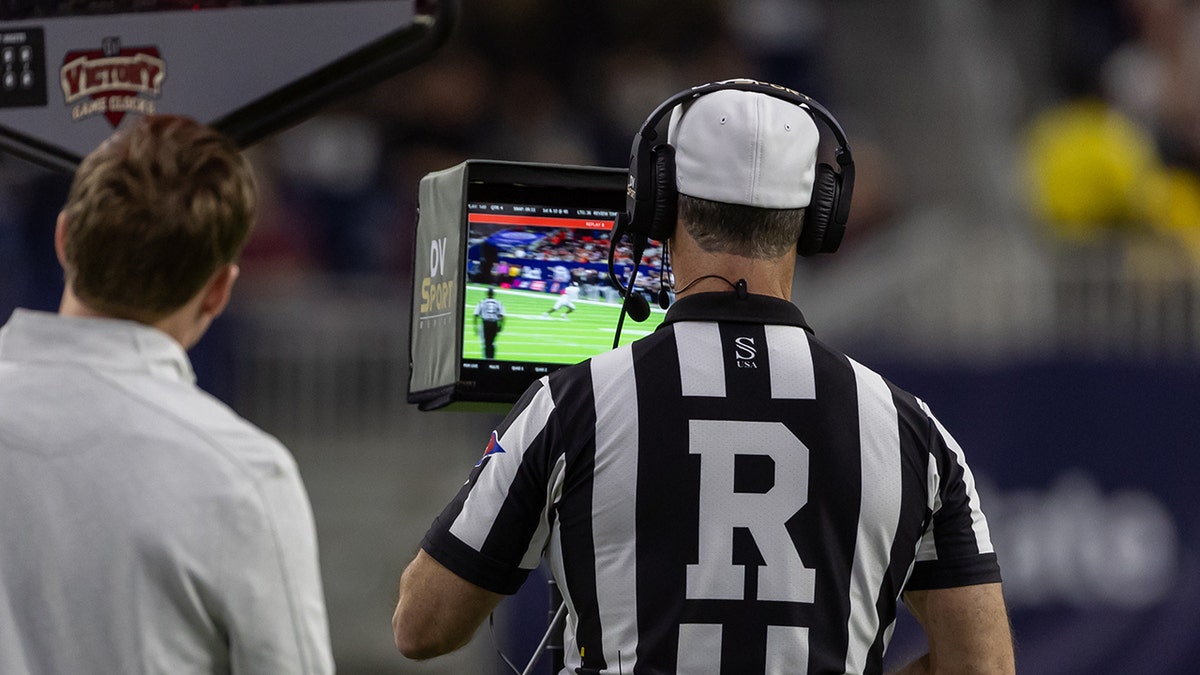
The referee reviews a play during the TaxAct Texas Bowl between Texas A&M Aggies and Oklahoma State Cowboys on December 27, 2023, at NRG Stadium in Houston, Texas. (David Buono/Icon Sportswire via Getty Images)
While the immediacy of the fan experience is part of what makes sports so engaging, it can also come as a detriment. Ask Cleveland Browns fans about the early 1990s when both Bill Belichick and Nick Saban were walking their sidelines. By 1995, Saban had gone back to the college ranks to coach Michigan State and within a year, the team fired Belichick who would go straight to New England where he’d eventually win a record 6 championships as a head coach.
Who can blame fans, then, for reacting the way they have to the total shift occurring in college sports, and in particular college football. The elimination of amateurism in college sports where players can now be compensated for the use of their Name, Image, and Likeness (NIL) has sent fans into a tizzy.
Overnight, teams’ most recognizable players began using the transfer portal like free agency, leaving their schools for programs with more money and bigger audiences. Schools created “NIL Collectives” where fans could donate to a fund that would pay a player to transfer to their school and the fan would even get a tax benefit in the process. Almost immediately, fans of programs with fewer resources called foul, believing their ability to compete was now significantly limited.
Coaches also reacted, with some embracing the new rules more than others. A handful, including defending champion Jim Harbaugh, left for NFL jobs; while others quit, like the aforementioned Saban who simply retired, nearly 30 years after leaving the Browns for the cold turf of East Lansing, Michigan.
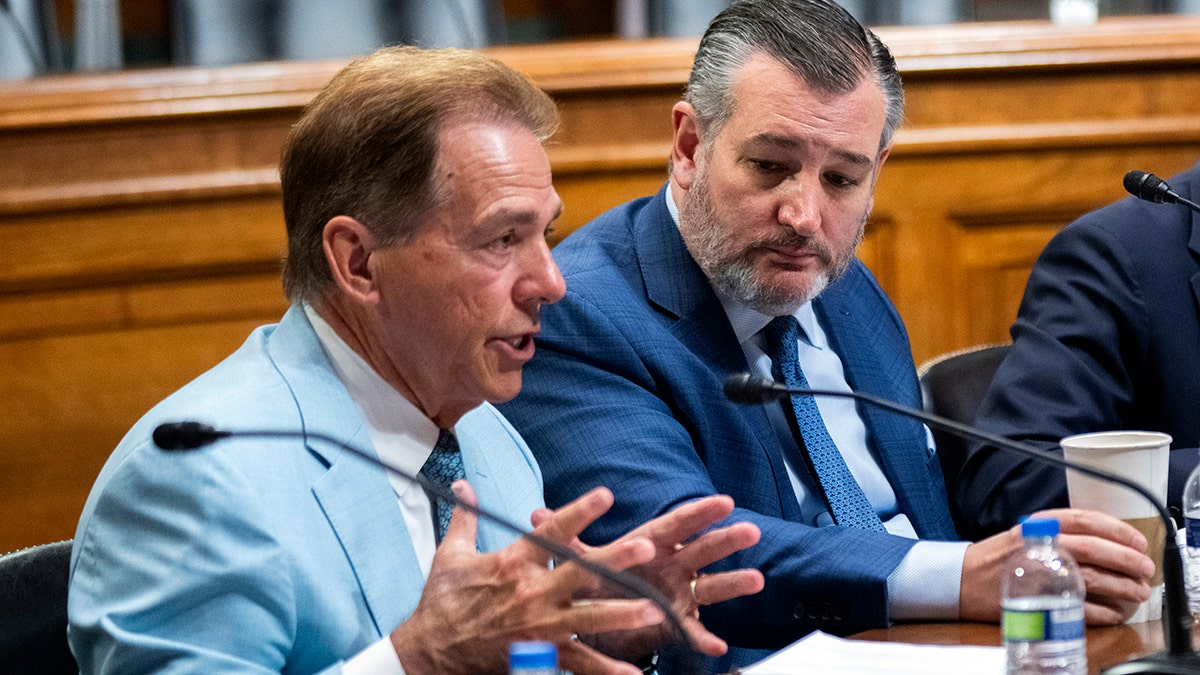
Former University of Alabama Head Football Coach Nick Saban, from left, speaks as Sen. Ted Cruz, R-Texas, listens during a roundtable on the future of college athletics and the need to codify name, image and likeness rights for student athletes, on Capitol Hill, Tuesday, March 12, 2024, in Washington. (AP Photo/Manuel Balce Ceneta)
Fans, reacting with typical impatience, demanded action. To many, their beloved sport had been ruined by greed and lack of regulation and it had to be rectified. The question for most was how?
GEORGIA’S KIRBY SMART SOUNDS ALARM ON HOW NIL AFFECTS RECRUITING
The most obvious answer would seem to be better rules set by the NCAA. But ask any college sports fan how much they trust the NCAA and many would tell you they’d rather leave their child with Ja Morant at a strip club.
After all, the National Collegiate Athletic Association hasn’t shown the best judgment over the years when it comes to the welfare of student-athletes, particularly when it comes to player compensation. Just ask Ed O’Bannon, Jeremy Bloom, or Maurice Clarrett. How can anyone trust an organization who regularly faces off with their own players in the United States Supreme Court? Or worse, an organization that can’t distinguish between who should properly participate in men’s and women’s sports.
Seeking an immediate solution, fans turned to the United States Congress, pleading with their representatives to get involved and create regulations. Predictably, they didn’t hesitate. By the summer of 2023, dozens of bills had been introduced in various legislative committees and four even made it to the floor for debate, though in typical congressional fashion, nothing passed.
This week, however, those wanting congressional action were revitalized as Coach Saban accepted an invite to Washington by Senator Ted Cruz. College football’s most distinguished coach has never been shy about his desire for greater regulation in the sport, telling Pat McAfee last December, “This system that we have right now doesn’t have any guardrails and in most competitive venues there are guardrails.”
All due respect to Saban’s coaching accomplishments, but his legislative instincts fall far short of those on the gridiron. What makes Saban, or anyone else, think that Congress can successfully fix college sports, or that it even needs to be fixed?
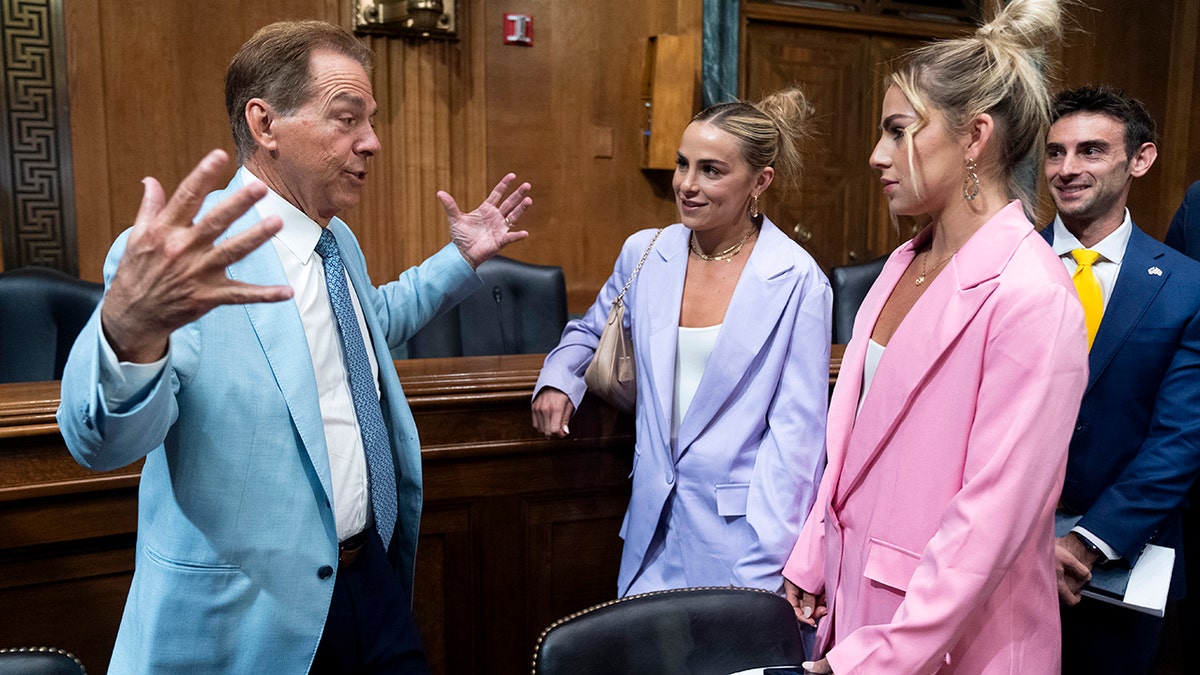
Former University of Alabama Head Football Coach Nick Saban, from left, talks to former University of Miami student athlete Hanna Cavinder and her twin sister TCU student athlete Haley Cavinder, at the conclusion of a roundtable on the future of college athletics and the need to codify name, image and likeness rights for student athletes, on Capitol Hill, Tuesday, March 12, 2024, in Washington. (AP Photo/Manuel Balce Ceneta)
This is the same legislative body who has identified societal problems like poverty, homelessness, and drug addiction, thrown tens of trillions of dollars at the problem, and only made them worse. The same Congress who has managed to run up a national debt of more than $31 trillion dollars that includes insolvent healthcare and social security programs. The same legislators who have protected the monopolies of professional sports leagues at the expense of players and fans alike. Congress has proven time and time again to be incapable of fixing anything they put their hands on, more often making them worse.
And if Congress does take action, the inevitable result will undoubtedly be a union of college athletes that will help the politicians more than the players. How so? If Congress has legislative control of the sport and college athletes are therefore reliant on Congress to create rules in their favor, wouldn’t it follow that the union will make political donations to the congressmen most willing to help them? Whose incentives are we focused on?
CLICK HERE TO GET THE FOX NEWS APP
The reality is that free markets do work, and given time, the sport will start to regulate itself. Admittedly, the existing rules of paying players strictly for their Name, Image, and Likeness can be better enforced, requiring proof of an exchange of value—the payer was paid a certain amount in exchange for a specific business using their Name with profit in mind. Such enforcement will correct the bribery of the NIL collectives. Beyond that, the best thing fans can do is keep Congress out of collegiate sports and instead, try exercising a little patience.
